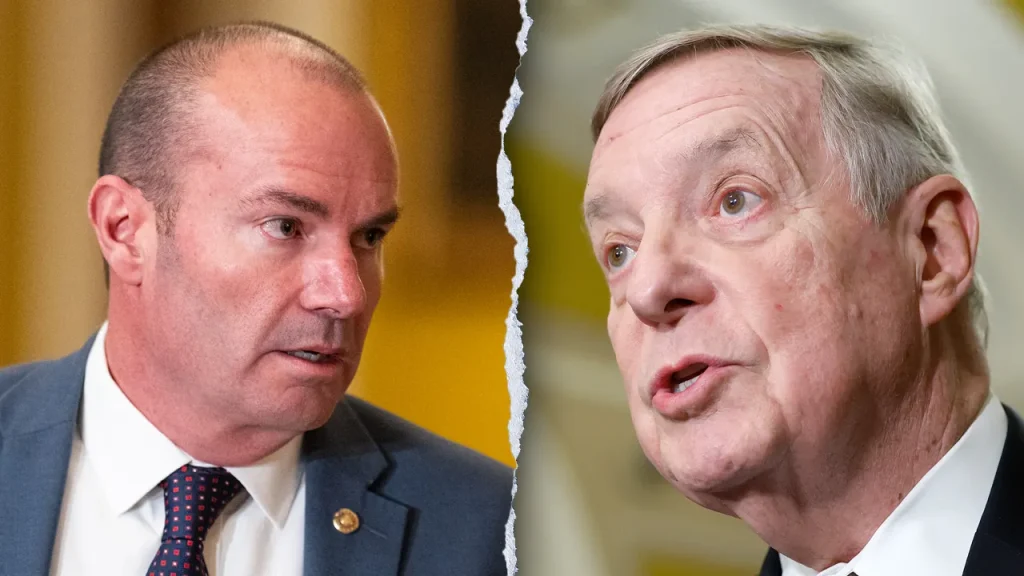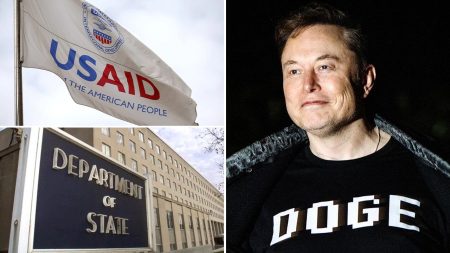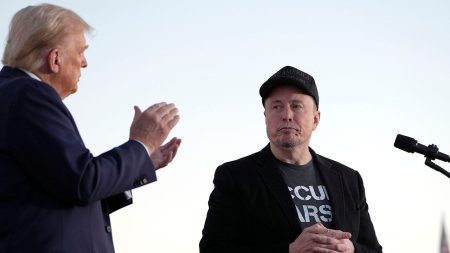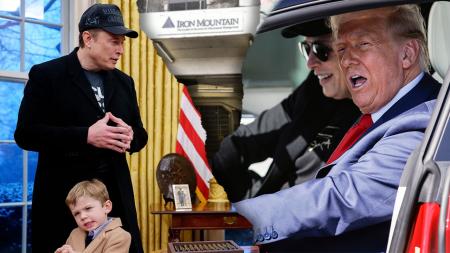The Electoral College, a system established by the Founding Fathers, has once again become the center of a heated debate, with several Senate Democrats renewing their push for its abolition. Senators Dick Durbin, Brian Schatz, and Peter Welch have introduced a constitutional amendment that seeks to replace the Electoral College with a national popular vote system, arguing that the current system disenfranchises voters and undermines the principle of one person, one vote. Their proposal reignites a long-standing controversy, raising fundamental questions about representation, fairness, and the balance of power in American democracy.
The proponents of abolishing the Electoral College contend that it is an antiquated system, a relic of the 18th century that no longer serves its intended purpose. They point to instances in recent history, such as the 2000 and 2016 presidential elections, where the candidate who won the popular vote lost the election due to the Electoral College’s winner-take-all system in most states. This, they argue, creates a situation where the will of the majority is disregarded, leading to feelings of disenfranchisement and undermining the legitimacy of the electoral process. Furthermore, they argue that the Electoral College gives disproportionate weight to voters in smaller states, effectively making their votes count more than those in larger, more populous states. This, they believe, contradicts the fundamental democratic principle of equal representation.
Opponents of the proposed amendment, including Republican Senator Mike Lee of Utah and Representative Andy Biggs of Arizona, have vehemently criticized the effort, characterizing it as an assault on the Constitution and a dangerous attempt to dismantle a system that has served the nation well for centuries. They argue that the Electoral College was designed to protect the interests of smaller states and prevent a tyranny of the majority, ensuring that all voices, regardless of geographical location, are heard in the presidential election. They also contend that the Electoral College promotes national unity by forcing candidates to campaign and build support across a broad range of states, rather than focusing solely on densely populated urban areas.
The historical context of the Electoral College is crucial to understanding the ongoing debate. The Founding Fathers, grappling with the challenges of creating a unified nation from thirteen disparate colonies, designed the Electoral College as a compromise between electing the president by popular vote and electing the president by a vote in Congress. They were wary of pure direct democracy and sought a mechanism that would balance the interests of larger and smaller states, while also considering the potential influence of factions and regional interests. This historical backdrop informs the arguments of both sides, with proponents of abolition emphasizing the evolution of American democracy and the need for a more representative system, while opponents stress the importance of preserving the Founders’ original intent and safeguarding the interests of smaller states.
The 2024 presidential election, where the winning candidate secured both the popular vote and the Electoral College victory, provides an interesting counterpoint to the current debate. While this outcome might seem to diminish the urgency of the issue, proponents of reform argue that it does not negate the inherent flaws of the Electoral College and the potential for future discrepancies between the popular vote and the electoral outcome. They maintain that the system remains vulnerable to manipulation and that the principle of one person, one vote should be enshrined in the Constitution, regardless of the outcome of a particular election.
The debate over the Electoral College is not simply a technical discussion about electoral mechanics; it is a fundamental debate about the nature of American democracy and the meaning of representation. It reflects deep-seated divisions within American society regarding the balance of power between states, the role of individual voters, and the very essence of what constitutes a fair and legitimate election. As the debate continues, it is likely to remain a contentious issue, highlighting the ongoing struggle to reconcile the ideals of democratic representation with the complex realities of a vast and diverse nation. The outcome of this debate will have profound implications for the future of American politics and the way in which the nation chooses its leaders.










